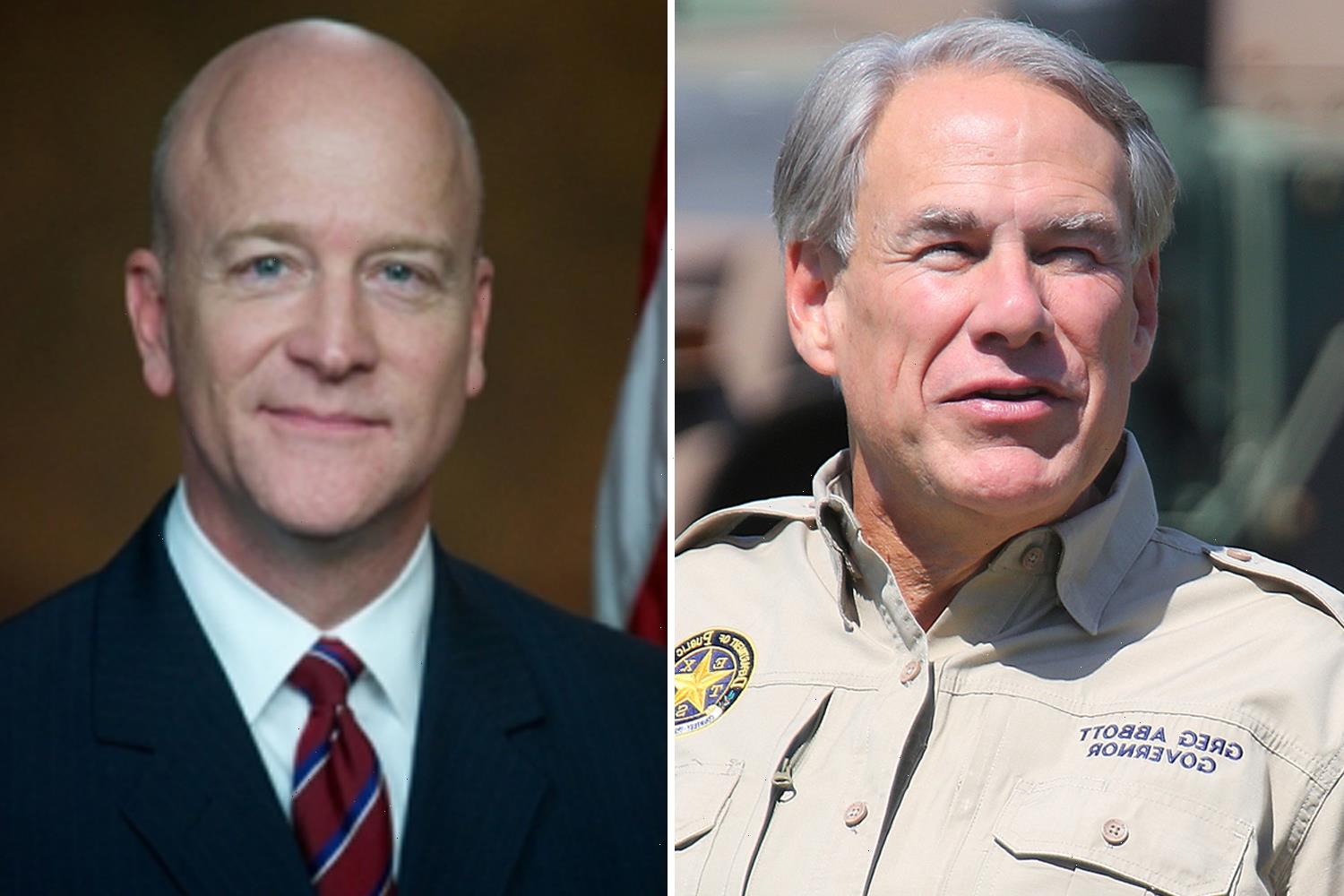A FEDERAL judge in Texas halted the country's strictest abortion law ban, describing it as an "offensive deprivation" of a constitutional right.
On Wednesday, U.S. District Judge Robert Pitman ordered Senate Bill 8, a Texas law that forbid abortion from as early as six weeks.
113-PAGE OPINION
Judge Pitman's 113-page opinion criticized Republicans lawmakers for creating the law as a statutory scheme to deny patients their constitutional right to an abortion.
"Fully aware that depriving its citizens of this right by direct state action would be flagrantly unconstitutional, the State contrived an unprecedented and transparent statutory scheme to do just that," according to the opinion published by Politico.
The law passed on Sept. 1 in the country's second most populous state, bans abortions after the detection of the "fetal heartbeat" which has drawn controversy from some medical experts deeming it misleading.
It's the first time the Texas law suffered a successful blow, having been able to survive early challenges.
'OFFENSIVE DEPRIVATION'
Pitman's opinion also suggests the abortion restriction law actually limits women's free will.
"From the moment S.B. 8 went into effect, women have been unlawfully prevented from exercising control over their lives in ways that are protected by the Constitution," reads the opinion by Pitman who was appointed to the bench by former President Barack Obama.
"That other courts may find a way to avoid this conclusion is theirs to decide; this Court will not sanction one more day of this offensive deprivation of such an important right."
GOING FORWARD
While the law is going to be on ice, it is unclear if Texas abortion services will resume.
But Planned Parenthood applauded Pitman's decision to push back against the "unconstitutional law."
“For more than a month now, Texans have been deprived of abortion access because of an unconstitutional law that never should have gone into effect. The relief granted by the court today is overdue, and we are grateful that the Department of Justice moved quickly to seek it,” said Alexis McGill Johnson, president and CEO of Planned Parenthood Federation of America.
S.B. 8 supporters and Texas officials will likely push for a swift reversal from the 5th U.S. Circuit Court of Appeals, already allowed the restrictions to take effect.
So far state officials did not comment on Pitman's decision.
MONTH SINCE S.B. 8
Two weeks since the law was passed, the Biden administration filed an emergency motionthe restrictions were enacted in defiance of the U.S. Constitution.
"The United States has the authority and responsibility to ensure that Texas cannot insulate itself from judicial review for its constitutional violations and to protect the important federal interests that S.B. 8 impairs," according to the Department Of Justice Sept. 14 filing.
"This relief is necessary to protect the constitutional rights of women in Texas and the sovereign interest of the United States."
Republican Gov. Greg Abbott formally signed S.B. 8 back in May.
To enforce the law, the Lone Star State deputized private citizens to file lawsuits against violators, and granted them to powers to hit them for thousands in damages if proven right.
The statutory damages were determined to cost "not less than $10,000 for each abortion that the defendant performed or induced in violation" of S.B. 8 and "for each abortion performed or induced in violation" of it, according to the law's language.
The law has Planned Parenthood claiming patients seeking treatment at their clinics in Texas decreased by nearly 80 per cent in the two weeks after the law took effect, according to the Associated Press.
So far, at least one Texas abortion provider has admitted to violating the law and been sued but not by abortion opponents. Former attorneys in Illinois and Arkansas say they sued a San Antonio doctor in hopes of getting a judge who would invalidate the law.
'NOT A VIGILANTE SCHEME'
Providers are started to reevaluate whether they can keep their doors open for business as the law has patients seeking health needs far distances away or carrying pregnancies to term.
Until Wednesday the Texas law to curb abortions has managed to successfully win in court because it leaves enforcement to private citizens to file suits, not prosecutors.
“This is not some kind of vigilante scheme,” Will Thompson, counsel for the Texas Attorney General’s Office who made his case to Pitman last week.
He added: “This is a scheme that uses the normal, lawful process of justice in Texas.”
SUPREME COURT UP NEXT
The US Supreme Court, which just began a new term, refused to rule on the constitutionality of the law, letting it remain in place.
The high court is expected to revisit its merits come December when it hears arguments in Mississippi's bid to overturn 1973s landmark Roe v. Wade decision guaranteeing a woman's right to an abortion.
Ahead of the new Supreme Court term, Planned Parenthood contended that 26 states would ban abortion outright if Roe v. Wade were overturned.
This year alone, nearly 600 abortion restrictions have been introduced in statehouses nationwide, with more than 90 becoming law, according to Planned Parenthood.
We pay for your stories!
Do you have a story for The US Sun team?
Email us at [email protected] or call 212 416 4552.
Like us on Facebook at www.facebook.com/TheSunUS and follow us from our main Twitter account at @TheSunUS
Source: Read Full Article








